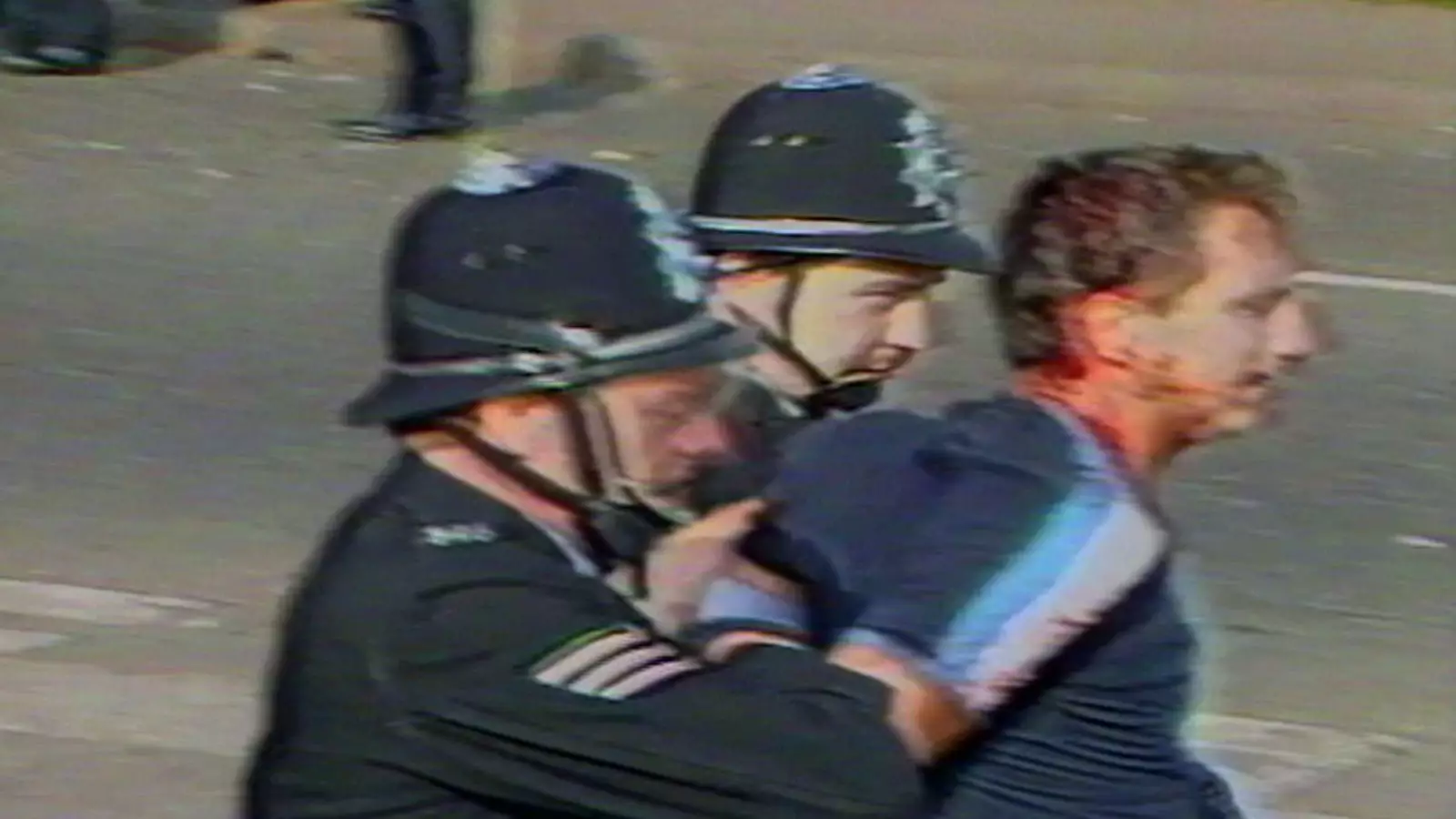The Battle of Orgreave remains one of the most harrowing symbols of state repression against workers’ rights in modern Britain. Nearly four decades after the violent clash unfolded, the prospect of a public inquiry surfaces as a rare opportunity to challenge the narrative that has long protected those responsible. It’s not simply about uncovering the truth; it’s about confronting a historical injustice that has been buried under layers of official silence and government complicity. For too long, the facts have been manipulated or withheld, leaving victims and their families in a state of unresolved trauma. This inquiry could serve as a reckoning—an overdue correction to the sanitized account that has, until now, dominated public memory.
The violence on that scorching summer day in 1984 was no accident. It was the culmination of an authoritarian crackdown on one of Britain’s most significant labor strikes, orchestrated with a ruthless display of force. Police tactics—mounted charges, batons wielded without restraint, and the suppression of peaceful protest—betrayed a disturbing willingness to escalate violence against workers defending their livelihoods. The fact that many miners were injured or falsely prosecuted highlights a disturbing pattern: that state institutions prioritized political control over justice and truth. As campaigners rightly argue, the official narrative was a cover-up, a calculated effort to dismiss the miners’ grievances while framing them as aggressors.
Yet, it’s not just about uncovering the facts; it’s about challenging a legacy that continues to reverberate today. The failure to hold an official inquiry, leaving many victims without justice, reveals the depths of institutional reluctance—an unwillingness to own up to its own misconduct. The collapse of trials due to unreliable police testimonies underscores how a miscarriage of justice was embedded in the system from the outset. It’s a stark reminder that without transparency and accountability, injustice becomes entrenched, perpetuating mistrust in law enforcement and the state apparatus that once condoned violence against ordinary workers.
The Delay is an Injustice in Itself
The long delay in addressing the truth about Orgreave is, in itself, an injustice. For decades, families of those injured, those arrested illegally, and many who suffered psychological scars have watched truth remain obscured. The harrowing stories told by survivors like Carl Parkinson and Chris Skidmore reveal a disturbing pattern: police officers operating with total impunity, often refusing to display proper identification, and executing a wave of brutal attacks on unarmed picketers who only sought to peacefully exercise their rights. Their testimonies depict a meticulously orchestrated operation that prioritized suppression over justice.
That these accounts have remained largely unchallenged for years illustrates a systemic failure—an unwillingness to scrutinize the actions of police who, back then, apparently believed they could operate above the law. The official response has been mostly symbolic, with cleanup payments and dismissive visits, but meaningful accountability remained elusive. This inquiry marks a critical turning point: the potential to unearth documents and testimonies that have been hidden or ignored for far too long, serving as a powerful reminder that justice delayed is justice denied.
Moreover, the fact that some victims have passed away without ever seeing their stories fully acknowledged or validated is unforgivable. The delay has compounded their suffering, stripping away even the minimal recognition many deserved. It’s not just about rectifying historical wrongs but about restoring public trust in our institutions—trust that has been gravely damaged by decades of concealment and denial.
Challenging the Culture of Cover-Up
This public inquiry is more than a procedural step; it is a moral necessity. The fact that police officials manipulated evidence or ignored accountability suggests a deeper cultural problem within law enforcement—a tendency to protect their own and dismiss accountability when it conflicts with narrative preservation. The police, historically, have often operated in a culture of silence around misconduct, a tendency that can only be challenged through transparent, comprehensive investigations.
A genuine reckoning at Orgreave could ripple through the broader societal fabric, encouraging a more accountable and transparent approach to holding power to account. It is an opportunity to confront uncomfortable truths and to challenge the systemic failings that allowed brutality and injustice to occur. The appointment of the Bishop of Sheffield as chair sends a symbolic message: that truth and reconciliation are possible, but only if the evidence is thoroughly examined and the heavy weight of institutional silence is finally lifted.
Furthermore, this inquiry should serve as a catalyst for broader reforms—not only in policing practices but in how the state addresses its past misdeeds. The public deserves honesty, not political expediency. It is an occasion to reaffirm the democratic values of accountability and justice—principles that should underpin any society claiming to uphold human rights.
By finally tackling the truth of Orgreave, Britain has the chance to acknowledge its past wrongs and prevent similar injustices from occurring in the future. It is an imperative that refuses to be delayed any longer—an overdue effort to confront the shadows of history with courage and transparency.


Leave a Reply